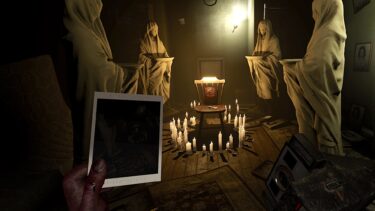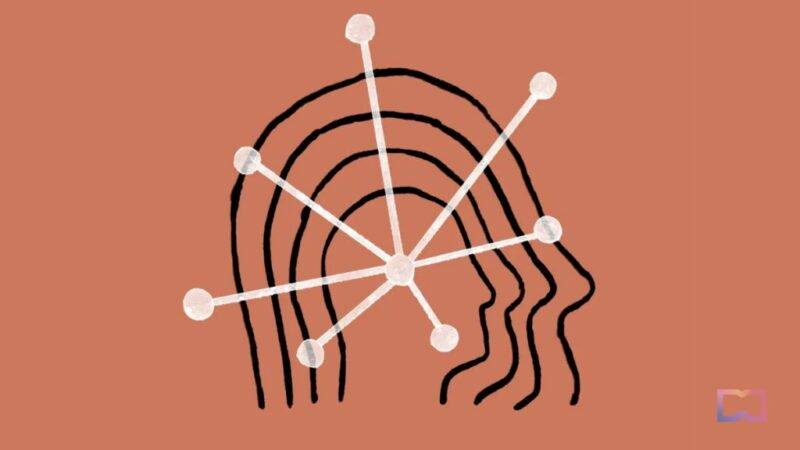On Tuesday, Anthropic released Claude 2, the latest update to its Claude large language model/chatbot, just five months after launching Claude.
Widely regarded as a formidable competitor to OpenAI’s ChatGPT, Claude 2’s beta chat experience is free to use and comes with improvements in coding, mathematics, and reasoning capabilities.
It can also generate longer responses and can be accessed via API. According to Anthropic, the chatbot scores 76% on the bar, is in the 90th percentile of the GRE writing exam, and can produce documents with thousands of tokens. Currently, Claude 2 is only available to users in the US and UK
Unlike ChatGPT which only generates responses to text prompts, Claude 2 has a native Files Load feature that allows users to upload code files like pdf, txt and csv, extract and summarize text from pdf files and present the information in a table format. Users can also feed the chatbot a web link, and Claude 2 will summarize the content within the link.
With Claude 2, users can input up to 100,000 tokens (75,000 words) per prompt, a significant increase from its previous 9,000 token limit. This means that the chatbot can now process vast volumes of technical documentation, and even entire books. In contrast, OpenAI’s GPT-4 model only provides a context limit of 8,000 tokens, with a separate extended model accommodating up to 32,000 tokens for specific use cases, distinct from the 8,000 token model.
Sully Omar, the co-founder of AI agent, Cognosys.ai, said that Claude 2 is “cheaper and quicker than GPT4” albeit with a slight lag in output performance.
However, Claude 2 only supports the most widely spoken languages including English, Spanish, Portuguese, French, Mandarin, and German, while ChatGPT support over 80 languages.
With all the improvements made to Claude 2, expectations for better accuracy in the chatbot were high. Alexandro Marinos, the founder of the container-based tech platform Balena, took it upon himself to put Claude-2 to the test.
Marinos asked Claude 2 a standard question he devised specifically for evaluating the accuracy of large language models (LLMs). The question was: “Does natural immunity to Covid-19 from a previous infection provide better protection compared to vaccination for someone who has not been infected?”
To Marinos’ disappointment, Claude 2 generated talking points and information dating back to 2021, that was “knowably false” and even included debunked content from 2020.
Claude 2’s performance echoed that of other LLMs that Marino evaluated before, such as Bard, ChatGPT4, GPT4 (API) and StableVicuna. When a Twitter user questioned the tendency of LLMs to “simply regugiated the talking points they are fed with,” Marinos responded by stating, “With more recent data the answers tend to be better in general.”
However, the test demonstrated that Claude 2, like other LLMs, is not consistently supplied with the latest information, highlighting the persisting issue of accuracy within LLMs as a whole.
Source: mPost





